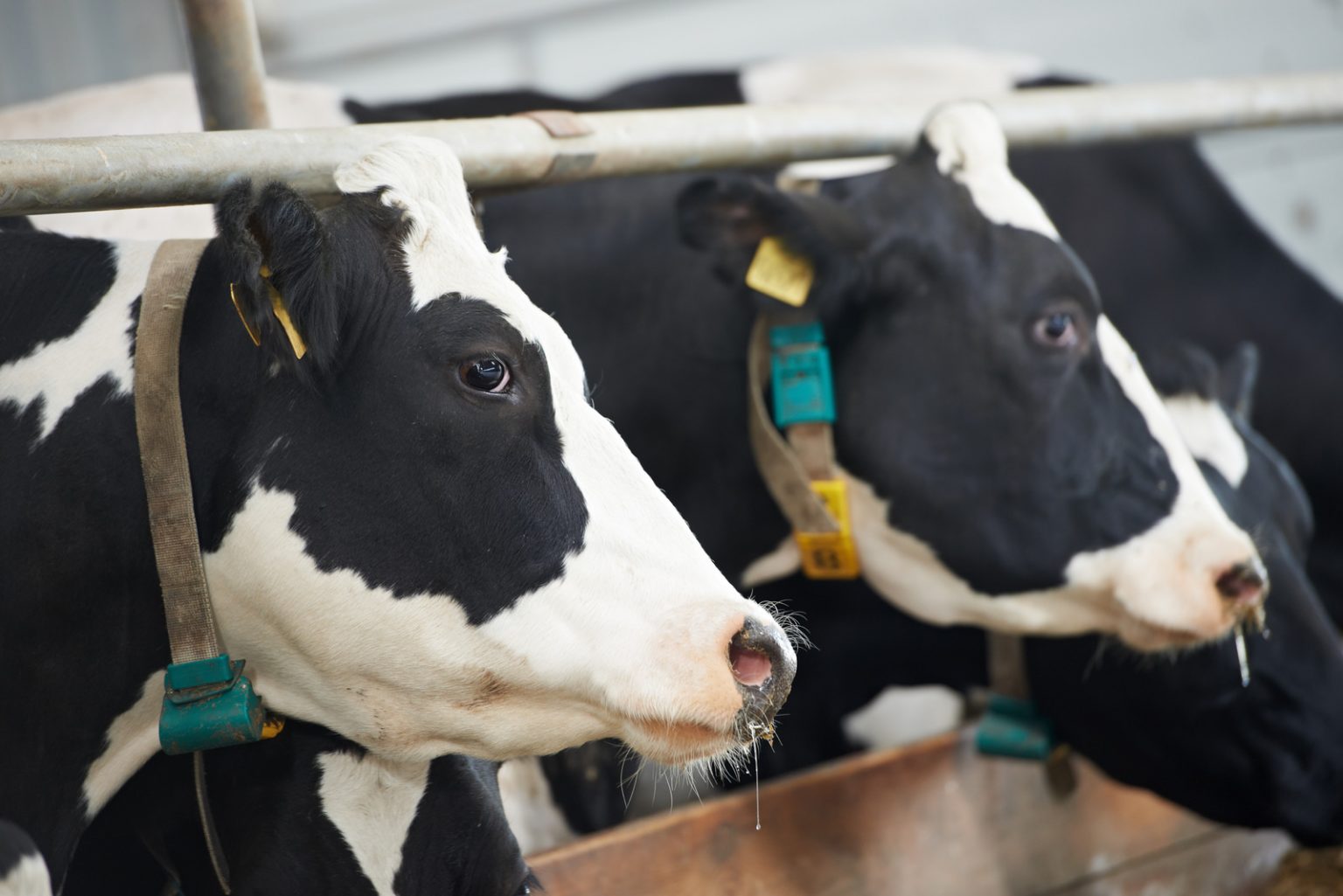With the ongoing pressure of the coronavirus pandemic, UK consumers are looking at alternative methods of shopping besides the supermarkets. The risks involved with travelling to public places in order to shop for groceries has put millions of British shoppers off the idea and has led to a major increase in the popularity of direct farm to consumer produce.
This is a trend that will undoubtedly continue to develop as lockdown measures ease and people begin to realise not only the health benefits of eating food directly from the farmers but the benefits to local economies too.
To compete with the convenience of the big chain stores, however, many farms have been forced to move with the times and adapt their commerce practices to make them more user-friendly and safer. A major part of this has been self-service.
Self-service options
UK farms are steadily increasing their adoption of self-service options for farm produce, with farms across the country using milk, egg and frozen meat dispensers that operate in the same way as vending machines. Not only does this move attract local communities but it offers wider environmental benefits by allowing customers to reuse containers, thus creating an eco-friendly experience. 24-hour available machines also mean customers are able to shop at their leisure and has the potential to reduce congestion on roads as well as shops.
Bypassing the supermarkets
There is a growing movement on UK farms who are developing direct customer relations and bypassing supermarket logistic contracts completely. Whilst the vending machines have played a major part in this, there have been other measures taken by farms across the country. Dairy farmers are widening their delivery rounds and fruit and veg farmers are realising they are saving a small fortune on delivery and transportation. It’s a bold new world and it’s one that probably wouldn’t ever have been explored by many farmers were it not for the COVID-19 pandemic.
Taking precautions
The self-service machinery that more farms are starting to utilise needs to be sanitised if it’s to be safe for the public in a climate where COVID-19 is still openly moving throughout the population. Also, because walking and cycling are two of the only things people have been legally allowed to do in recent months, there are more walkers and cyclists in the countryside than ever before. This means more people opening gates and interacting with other people within the countryside. Finally, there has been a major increase in fly-tipping recently, due in part to the closure of nationwide recycling centres.
The best precaution you can take is to ensure your farming insurance is up to date and covers you at every turn. This, in combination with a keen eye on the markets and a keen ear one the farming community at large, will hopefully allow you to weather any storm and emerge from the other side of the pandemic stronger and in better business.

